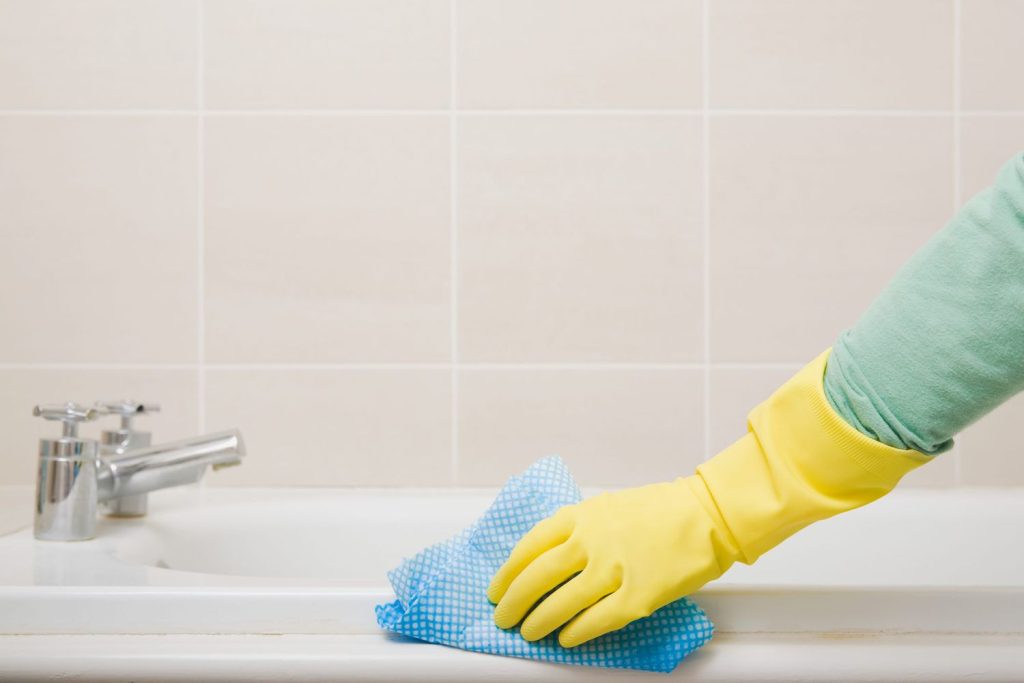Mold infestation, a nightmarish predicament for any homeowner, can lead to severe health hazards and costly repairs. The key to preventing this is effective moisture management, where spray foam insulation comes into play.

This comprehensive guide aims to shed light on the importance of spray foam insulation. This revolutionary solution not only provides superior insulation but also acts as an effective barrier against mold.
We will delve into its working mechanism, benefits, and tips for proper installation, equipping you with the knowledge to safeguard your homes against the pervasive threat of mold.
Contents
- Understanding Mold Growth
- How Spray Foam Insulation Protects Against Mold
- Benefits of Spray Foam Insulation in Mold Prevention
- Why is Spray Foam Better Than Other Materials?
- Tips for Proper Installation of Spray Foam Insulation
- Why is it Better to Hire a Professional Contractor for Spray Foam Insulation Installation?
- Additional Things to Consider for Mold Prevention
- Conclusion
Understanding Mold Growth
Mold growth is a common issue faced by homeowners all around the world. It thrives in damp and warm environments, making it prevalent in areas with high humidity levels. Furthermore, mold can grow on almost any surface, including wood, drywall, carpeting, and insulation.
Mold spores are microscopic and can easily spread through the air, making it challenging to eradicate once it takes hold. Exposure to mold spores can cause various health issues, including respiratory problems, allergies, and even infections.
How Spray Foam Insulation Protects Against Mold
Spray foam insulation is an expanding polyurethane foam that creates an airtight seal when applied. This unique formulation makes it an ideal moisture barrier, as moisture cannot penetrate through the foam.
Moreover, spray foam insulation adheres tightly to surfaces, leaving no gaps for mold spores to enter and grow. This effectively blocks off potential entry points for mold growth, making it an excellent preventive measure.
Additionally, spray foam insulation has a high R-value, providing superior thermal resistance and reducing the risk of condensation forming on walls and ceilings. This is crucial as condensation can lead to excess moisture, creating an ideal environment for mold growth.
Benefits of Spray Foam Insulation in Mold Prevention
Apart from being an effective barrier against mold, spray foam insulation offers several other benefits that make it a top choice for homeowners:
- Energy Efficiency: Spray foam insulation has a high R-value, which can effectively seal off any air leaks and keep your home well-insulated. This reduces the load on your HVAC system, leading to energy savings.
- Longevity: Unlike traditional insulation materials like fiberglass, spray foam insulation does not deteriorate or settle over time. It remains intact and effective for years, providing long-term mold prevention.
- Improved Air Quality: As spray foam insulation creates an airtight seal, it prevents outside pollutants and allergens from entering your home. This results in improved indoor air quality, especially for those with respiratory issues.
Why is Spray Foam Better Than Other Materials?
Different insulation materials, such as fiberglass, cellulose, and rock wool, are available on the market. However, spray foam insulation offers unique advantages that make it more suitable for mold prevention:
- Seamless Coverage: Unlike other insulation materials, spray foam expands to fill in any gaps or cracks in your walls and ceilings. This ensures a seamless coverage that leaves no room for mold to grow.
- Water Resistance: Traditional insulation materials can absorb moisture, leading to potential mold growth. In contrast, spray foam is water-resistant and does not provide a food source or ideal environment for mold to thrive.
- Versatility: Spray foam insulation can be used in various home areas, including attics, crawl spaces, walls, and basements. This versatility allows for comprehensive mold prevention throughout your home.
Tips for Proper Installation of Spray Foam Insulation
While spray foam insulation is an effective mold prevention measure, improper installation can render its benefits useless. Here are some tips to ensure proper installation:
- Hire a Professional: Spray foam insulation requires precise measurements and application techniques. It’s best to hire a professional contractor with experience installing spray foam insulation so you can get started as soon as possible.
- Ensure Proper Ventilation: Adequate ventilation is crucial when using spray foam insulation, as it can release volatile organic compounds (VOCs) during the curing process. Make sure to keep windows and doors open during the installation, and only re-enter the area once the foam has fully cured.
- Regular Maintenance: While spray foam insulation does not require frequent maintenance, it is essential to regularly check for any damages or gaps. Any cracks or holes can compromise its effectiveness as a moisture barrier.
Why is it Better to Hire a Professional Contractor for Spray Foam Insulation Installation?
While there are DIY spray foam insulation kits available, it is always better to hire a professional contractor for installation. Here’s why:
- Experience and Expertise: Professional contractors have years of experience and knowledge in installing spray foam insulation. They can ensure proper application techniques and address potential issues during the process.
- Safety Measures: Handling spray foam insulation can be hazardous, requiring proper protective gear and knowledge of safety protocols. Professional contractors are well-equipped to handle these materials safely.
- Warranty: Most professional contractors offer warranties for their work, giving you peace of mind knowing that your home is properly insulated and protected against mold growth.
Additional Things to Consider for Mold Prevention
While spray foam insulation is an excellent preventive measure, there are a few other things to keep in mind when it comes to mold prevention:
- Maintain Proper Humidity Levels: Keeping humidity levels below 60% can significantly reduce the risk of mold growth. Using a dehumidifier can help achieve this.
- Fix Any Leaks or Water Damage: Addressing any leaks or water damage immediately can prevent excess moisture and potential mold growth.
- Regularly Inspect Your Home: Be vigilant in inspecting your home for any signs of mold, such as musty odors, visible patches of mold, or water stains. Early detection can help prevent extensive damage and costly repairs.
Conclusion
In conclusion, spray foam insulation is a highly effective and versatile solution for mold prevention. Its unique formulation, seamless coverage, and water resistance make it a top choice for homeowners looking to protect their homes against mold growth.
By following proper installation techniques and considering other preventive measures, you can ensure a safe and healthy living environment free of mold. So, consider using spray foam insulation in your home today and reap the benefits it has to offer.
